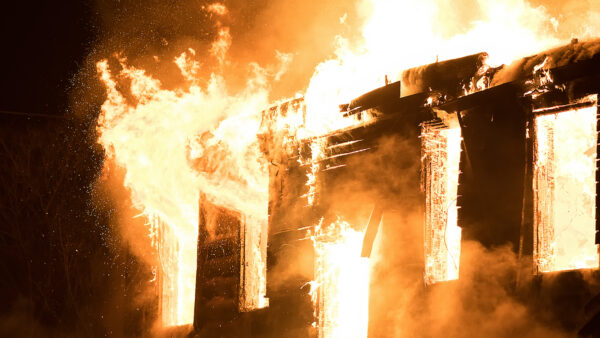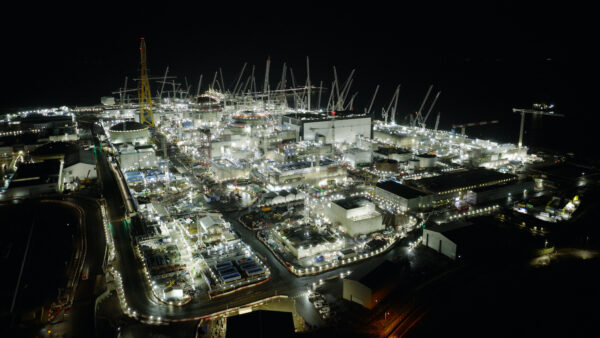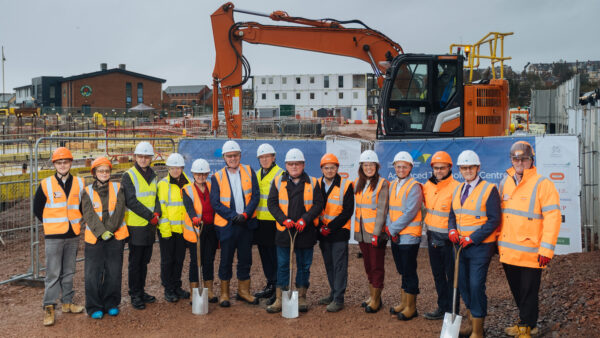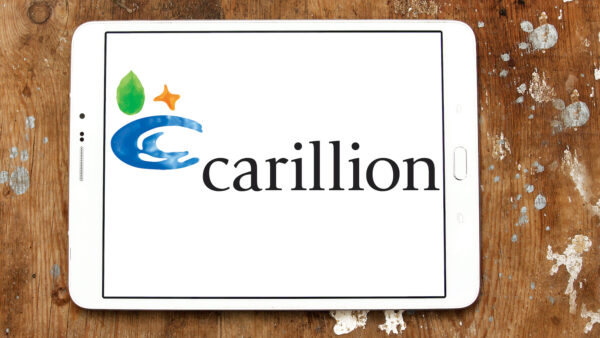Companies seeking work on mega-project to be held responsible for suppliers’ ethical practices
Companies wanting to earn a slice of the £16bn Crossrail project will have to adhere to strict requirements laid down by the Greater London Authority for “ethical sourcing” in addition to long established requirements for environmental sustainability.
Ethical sourcing places a responsibility on contractors to ensure materials they supply are sourced from markets or companies that have minimum standards of labour practices. These include ensuring workers in these markets enjoy freedom of association and the right to collective bargaining, that child labour isn’t being used, and that workers receive a living wage.
Mike de Silva, sustainability manager with Crossrail, said: “We are driving this issue at Crossrail through the formation of the Ethical Supply Chains in Construction Working Group. This group brings together procurement specialists from all of our Tier 1 contractors, allowing them to work collaboratively at addressing ethical sourcing in their supply chains.”
He added: “Implementing ethical sourcing throughout the project is very much a step-by-step journey. Our aim during the tenancy of Crossrail is to get our Tier 1s to continuously monitor their supply chains so that the message goes out that ethical sourcing is a crucial aspect of working on major projects in the UK. The idea is to work with the supply chains to start addressing these issues in a realistic stepwise manner.

Companies wanting Crossrail work will have to ensure that child labour is not used in products they source. Below: Crossrail’s Custom House station, where Laing O’Rourke will follow ethical guidelines

Although Tier 1 contractors have signed up to the requirements, many hard-pressed subcontractors in their supply chains are likely to view the measures as yet another additional administrative cost at a time when the industry remains under pressure.
One London-based specialist told CM: “It’s all very commendable but showing you have made the relevant checks means additional paperwork and additional costs. That all ends up eating into your margins, because the client doesn’t want to pay for it. Clients still want the best value price regardless of the requirements they impose on you.”
De Silva said: “We haven’t had any feedback from contractors that these requirements are driving up costs. All of our contracts are tendered on a competitive basis with the terms on ethical sourcing made clear, so in fact, any requirements on ethical sourcing are priced in from the outset.”
He added: “So far this process has shown that a number of commodities such as concrete, reinforcement and timber are already well covered on ethical sourcing through existing certification schemes. For those areas not yet covered by certification schemes, we are working on best practice guidance to help contractors when they audit or seek assurance from their supply chains. We are also engaging with trade bodies so that they can begin to discuss these issues with their members.”
Liane Hartley, who runs social enterprise consultancy Mend, also sits on Crossrail’s Ethical Supply Chains in Construction Working Group. “The criteria are based on the Ethical Trading Initiative’s Base Code. Meeting them is challenging, but the group is working out strategies on how to do it.”
Crossrail’s ethical sourcing criteria
- Freedom of association and the right to collective bargaining are respected
- Employment is freely chosen
- Working conditions are safe and hygienic
- Child labour isn’t being used
- Living wages are paid
- Working hours are not excessive
- No discrimination is practised
- Regular employment is provided
- No harsh or inhumane treatment is allowed










